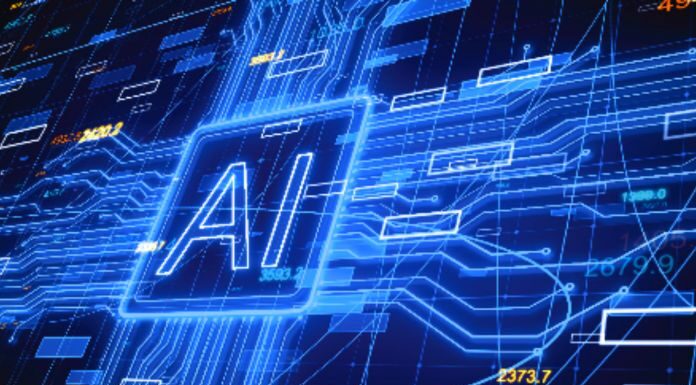Artificial Intelligence and Marketing: Today Artificial Intelligence is a powerful reality in maximizing processes and results.
Sometimes, it is used indirectly, as many Ads and reporting tools already have these technological resources in their solutions to guarantee the promised deliveries.
It is a broad term in its possibilities, coined by John McCarthy in 1956. However, the door to this field was opened in 1950 by Alan Turing in the publication “Computing Machinery and Intelligence.”
It is a field in expansion, and the real meaning is lost in a soup of terms that, in the description, intertwine and are lost when landing in practice. To begin with, Artificial Intelligence refers to the ability of a computer program to reason and adapt based on sets of rules and data. Therefore, technologies known today as Machine Learning and Deep Learning within the artificial intelligence set are far from the romantic way built by movies and the expectation of the time when the term was created.
More And More Marketing Needs To Embrace Statistics
For some, statistics is a torturous, never-ending experience. For those who still resist, it is necessary to remember that to use a computer, it is not required to become a computer engineer but to know enough to use its programs correctly and efficiently.
It’s the same with statistics. So it’s about more than achieving impressive math skills, but about enabling rational conversations about data and data analysis. In practice, it is becoming familiar with sampling concepts, position measures, time series, and linear regression for assertive leadership and management.
These statistical concepts guide the development of artificial intelligence solutions, and demanding work on these models requires knowledge of the elements necessary to guarantee delivery.
How Does The Machine Learn, Train And Perform?
Machine Learning is a type of artificial intelligence. It is a form of an algorithm that can take input data and use statistical analysis to predict an output value. It is up to the Data Scientist to develop the model or choose the best algorithm for each type of demand. Below is the simplified description:
- Supervised – The answer is known, and the model is configured to find it on new data entries. (Ex.: Profile of fraudulent users);
- Unsupervised – The answer is unknown; the model will find patterns or anomalies over a baseline. (Ex.: Profile of the best buyers);
- Reinforced – There is no absolute answer; given a specific objective, the model must prioritize actions. (Ex.: Autonomous cars).
The learning process goes through tests and validations to find the best application. The database is divided into sets for training and testing (or proof), and the flow to build a model begins. Test data is used to validate the built model.
Closer And Closer To The Romantic AI
The “default” machine learning model requires some human guidance. If an algorithm gives wrong results, there is a margin of error beyond what is expected. It will then be time to go in and make adjustments. But with a deep learning model or Deep Learning, algorithms can determine whether or not a prediction is accurate without human intervention, or at least with far less interaction than previous machine learning models.
Technically, Deep Learning is just a subset of Machine Learning, and they work similarly but with different capabilities. They offer ways to train models and classify data, but the computational intensity differs. Due to this intensity and independence, Deep Learning is now seen as the closest form of utopian AI illustrated in movies.
So, What Is Reality Offered To The Market?
Today, one of the most apparent forms for the general public is conversations with customer service chatbots or what we see on our timelines on social networks; there is a lot of technology behind the “What can I help you with?” and the photo you just liked.
As for marketers, AI technologies are in email management, audience segmentation in Web Analytics, and Media tools. Actively, there are result predictions and automation in the complex ruler of interaction with the user in cross-platform journeys.
- Data Analytics – Effective on a large volume of data, it has become a resource that scales personalization, segmentation, and predictions. Determining patterns and anomalies in a large mass of data is only possible to establish a cyclical consolidation process and insights by costing much time.
- Search Engines – With natural language processing and semantics, artificial intelligence has impacted the quality of the search experience. The suggestion of similar items, the relevance of results, and the correction of errors are some of the advances that we can list as the most evident.
- Search and Image Recognition – This enables a new scenario in searching and obtaining information. In search engines, the advances are similar to those of text search but are highlighted in translation services, maps, and social networks. Helps in the segmentation of products, reduction of text typing, and topographical survey.
- Sentiment analysis – Useful for monitoring social media, it helps analyze the presence of terms and conversations surrounding a brand, service, or product. These analyses meet marketing needs such as campaign thermometer, crisis discovery, and offer development.

